Endocrinology and Hormones
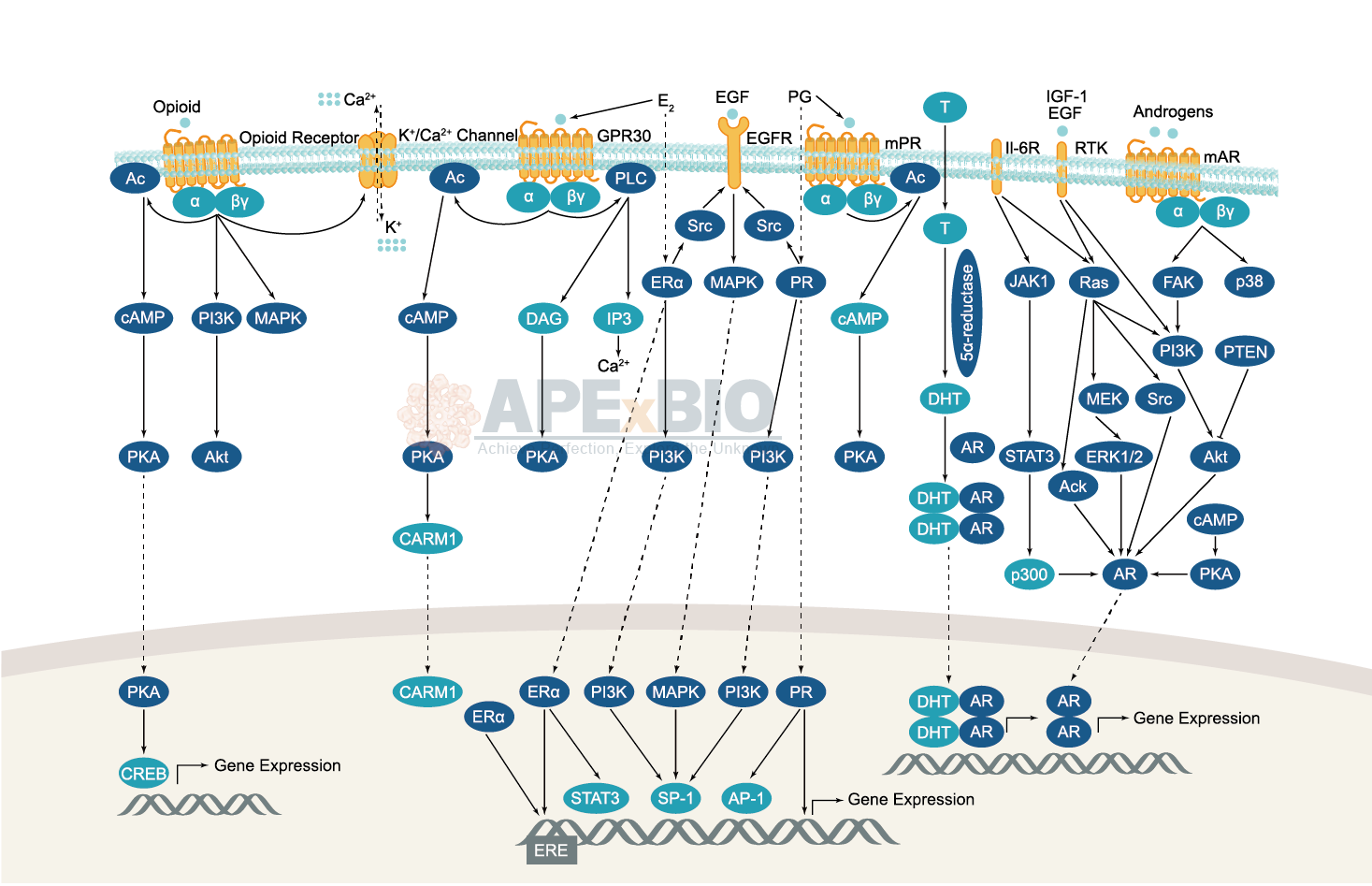
There are three types of hormones based on their chemical composition: Amines (e.g. dopamine, adrenalin and noradrenalin); Steroids (e.g. estrogen, testosterone and glucocorticoids); Peptides (e.g. the peptide hormones insulin, ghrelin and vasopressin). Peptide hormones produced by secretory nervous tissue are known as neuropeptides. For example, thyroid hormone plays important parts in development, homeostasis and metabolism, while cortisol is essential for growth, nutrient supply and immune function. Moreover, the regulation of blood glucose involves several pancreatic peptide insulin and its counter regulatory hormone, glucagon, as well as cortisol, growth hormone and epinephrine.
Dysregulations in endocrine system are implicated in diseases such as Acromegaly, Cushing Syndrome, Diabetes, Dwarfism, Graves Disease, Hermaphroditism, Delayed and Precocious Puberty and Thyroid Diseases.
-
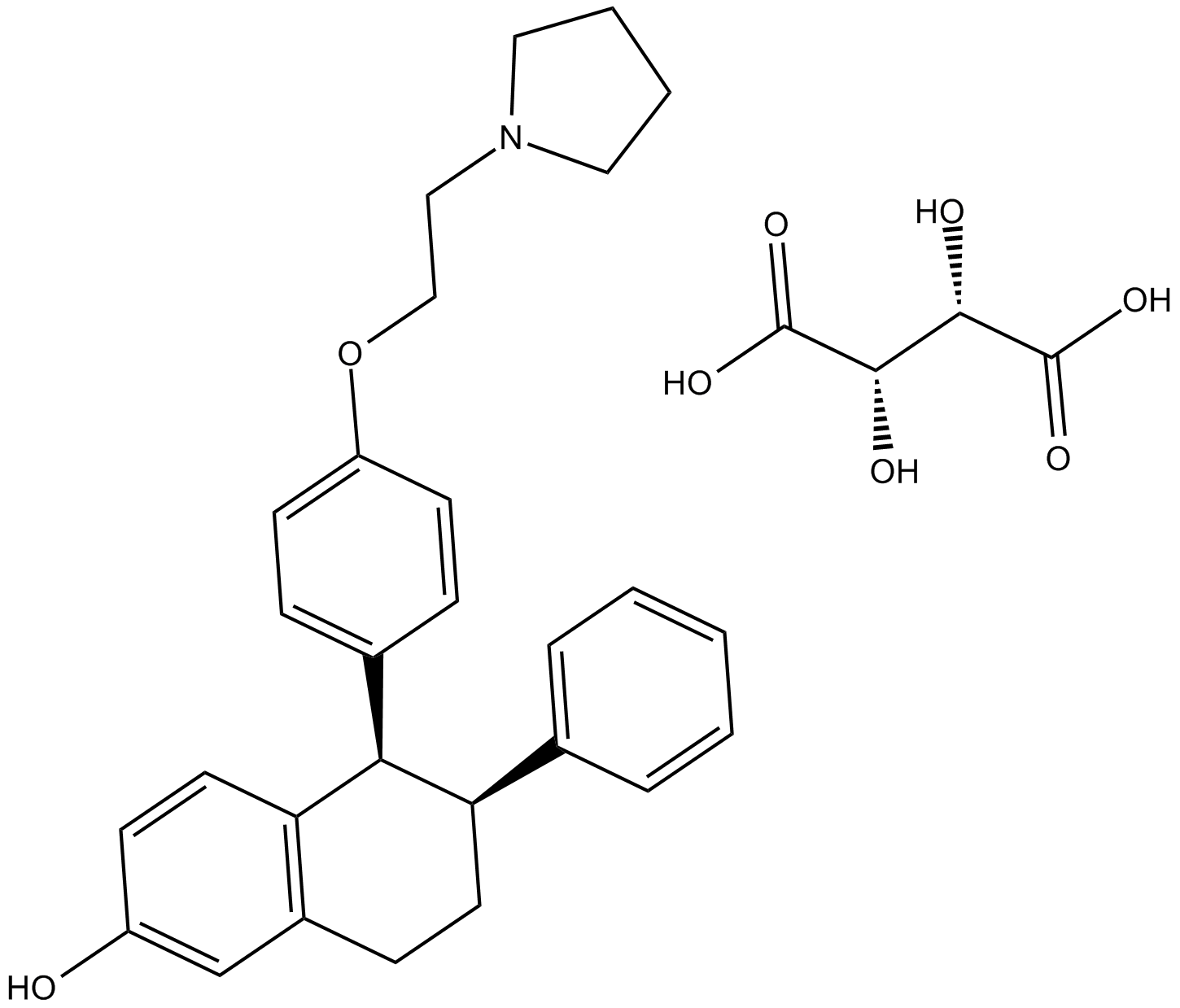 C5637 Lasofoxifene (tartrate)Summary: third-generation, non-steroidal selective estrogen receptor modulator (SERM)
C5637 Lasofoxifene (tartrate)Summary: third-generation, non-steroidal selective estrogen receptor modulator (SERM) -
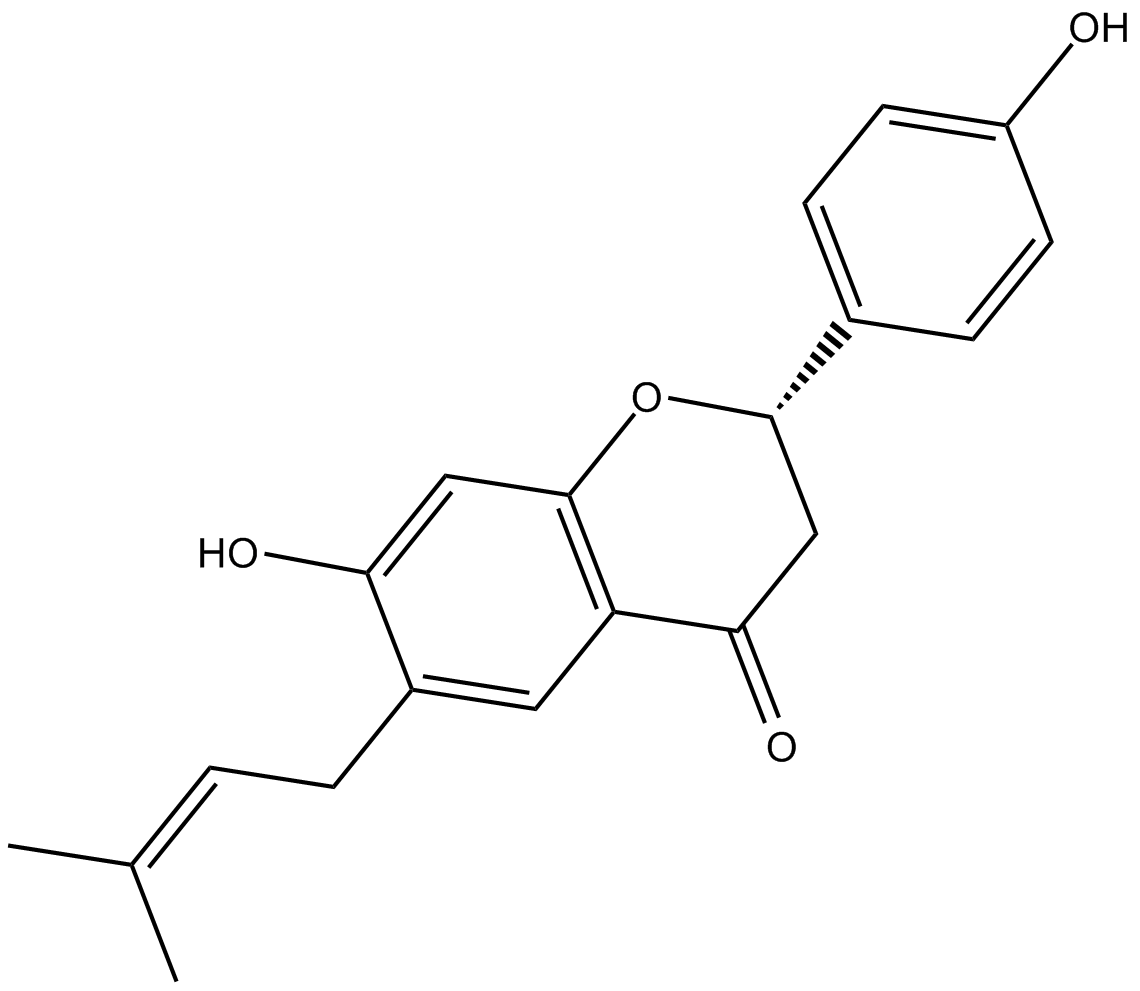 C4895 BavachinSummary: estrogen receptors ERα and ERβ activator
C4895 BavachinSummary: estrogen receptors ERα and ERβ activator -
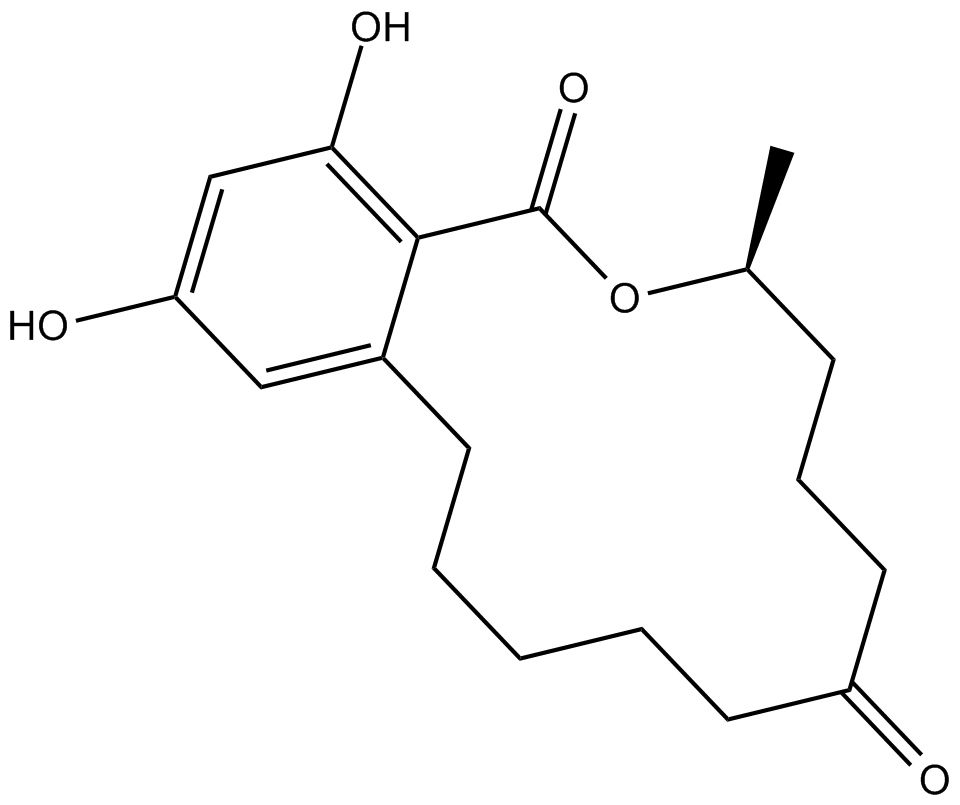 C5537 ZearalanoneSummary: estrogen receptor agonist
C5537 ZearalanoneSummary: estrogen receptor agonist -
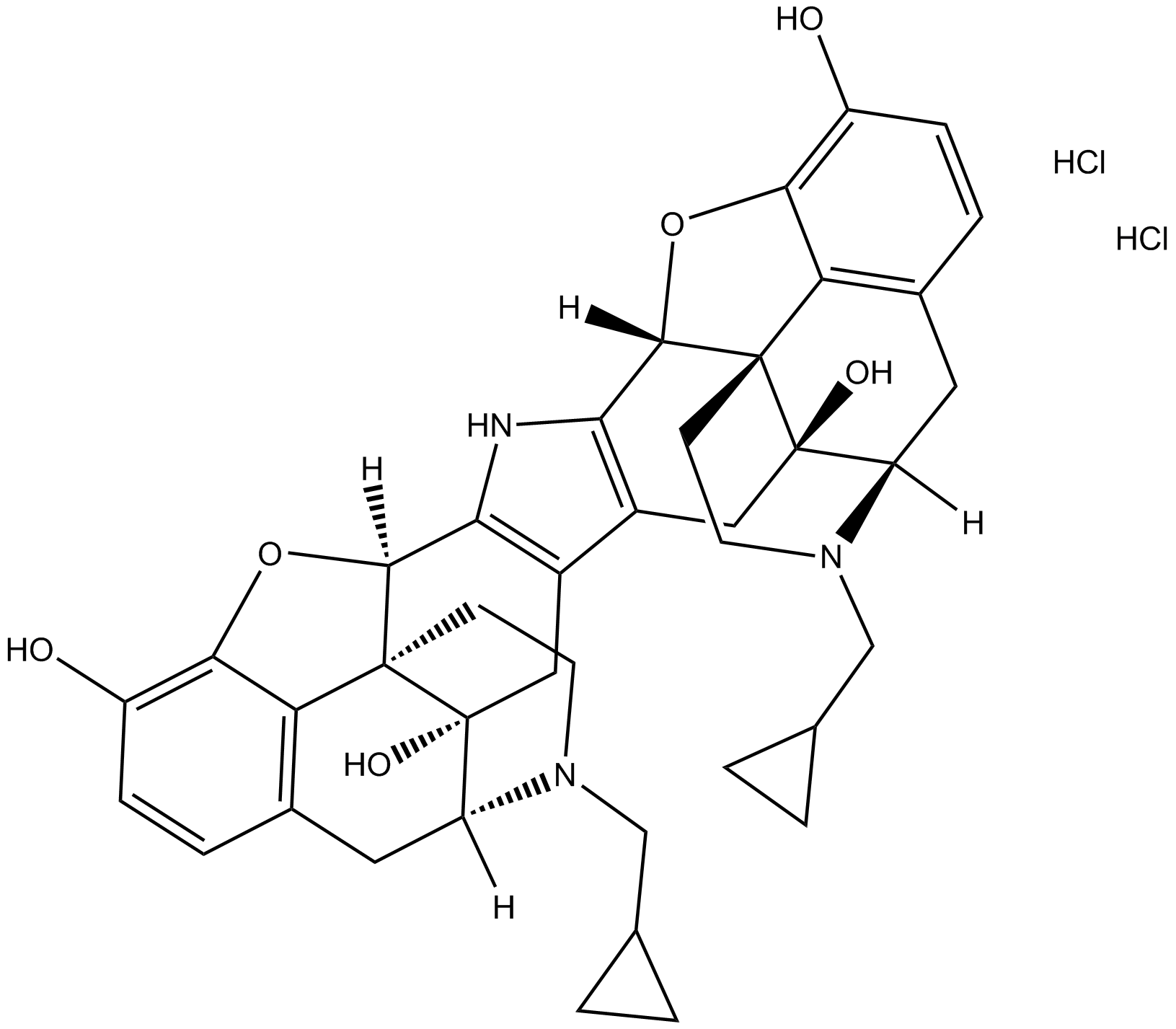 B6269 nor-Binaltorphimine dihydrochlorideSummary: κ-opioid receptor antagonist
B6269 nor-Binaltorphimine dihydrochlorideSummary: κ-opioid receptor antagonist -
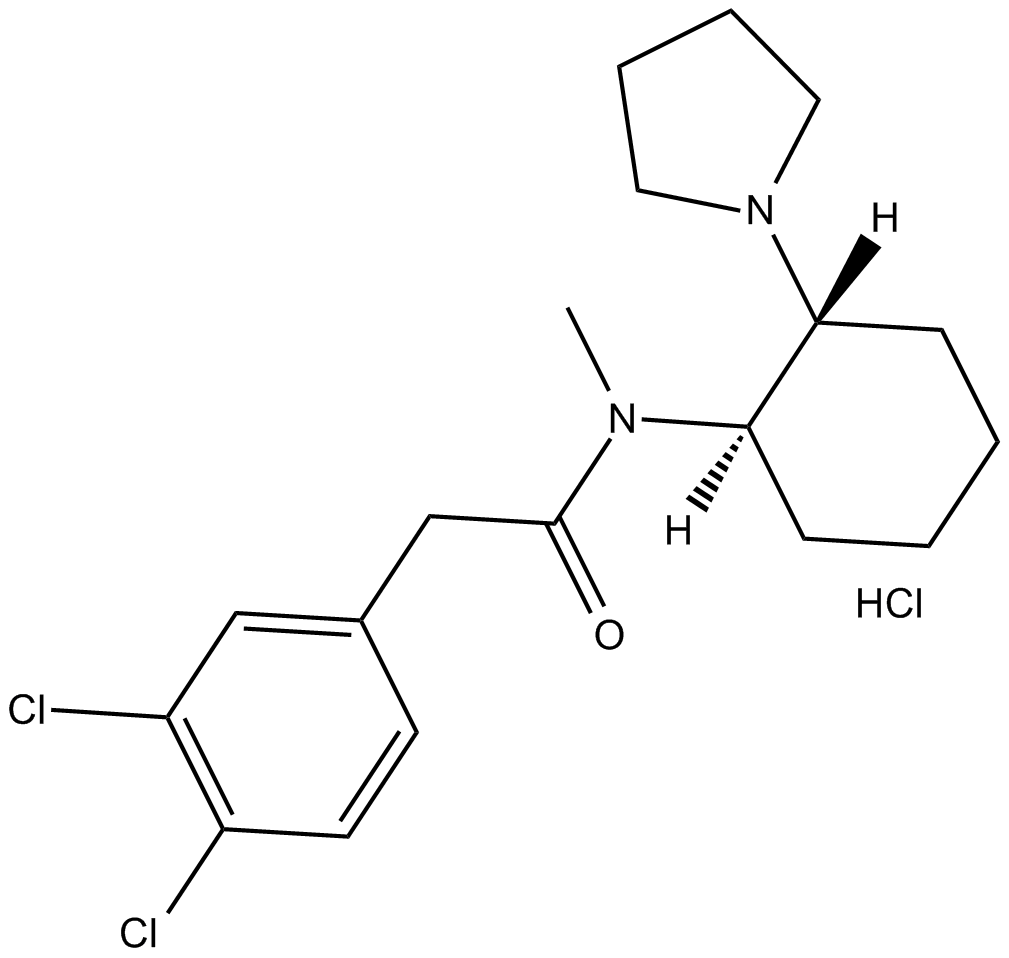 B6312 (+)-U-50488 hydrochlorideSummary: Selective κ-opioid agonist
B6312 (+)-U-50488 hydrochlorideSummary: Selective κ-opioid agonist -
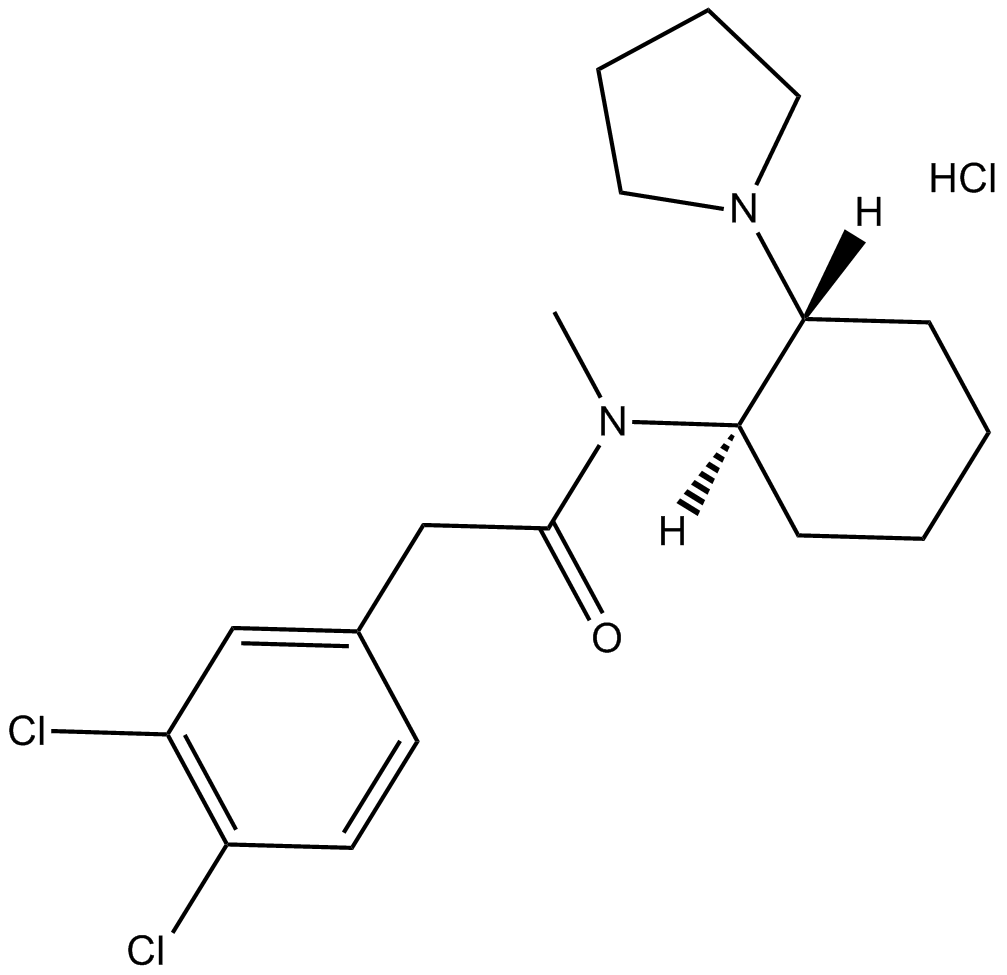 B6322 (-)-U-50488 hydrochlorideSummary: κ-opioid receptor agonist, selective
B6322 (-)-U-50488 hydrochlorideSummary: κ-opioid receptor agonist, selective -
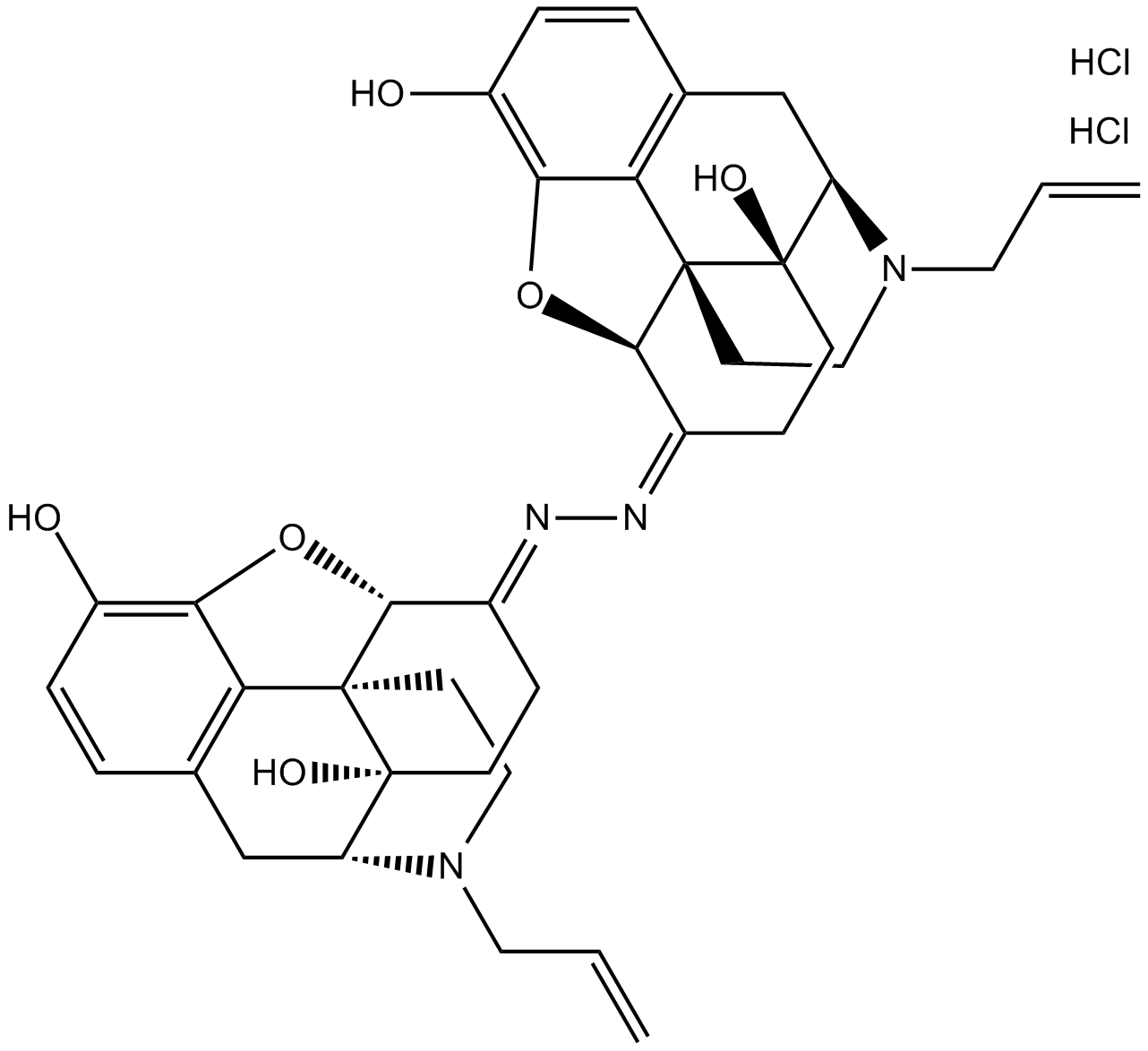 B6366 Naloxonazine dihydrochlorideSummary: μ1 receptor antagonist
B6366 Naloxonazine dihydrochlorideSummary: μ1 receptor antagonist -
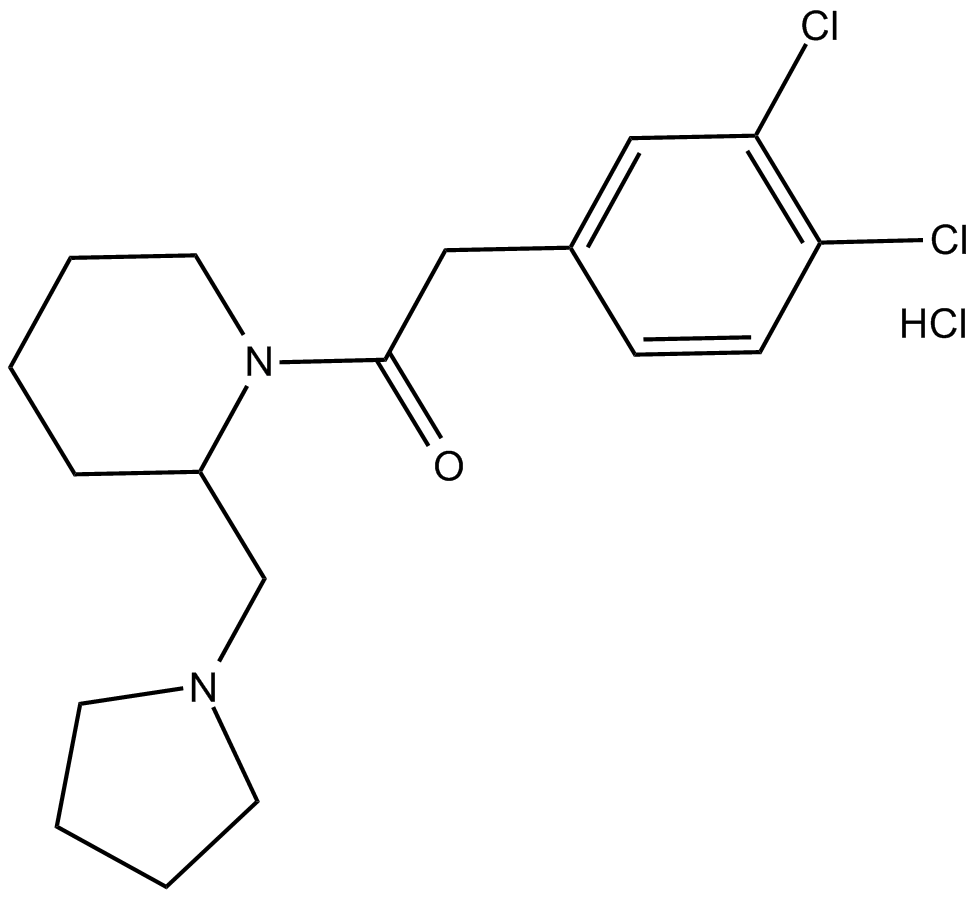 B6407 BRL 52537 hydrochlorideSummary: κ/μ opioid receptor agonist,potent and selective
B6407 BRL 52537 hydrochlorideSummary: κ/μ opioid receptor agonist,potent and selective -
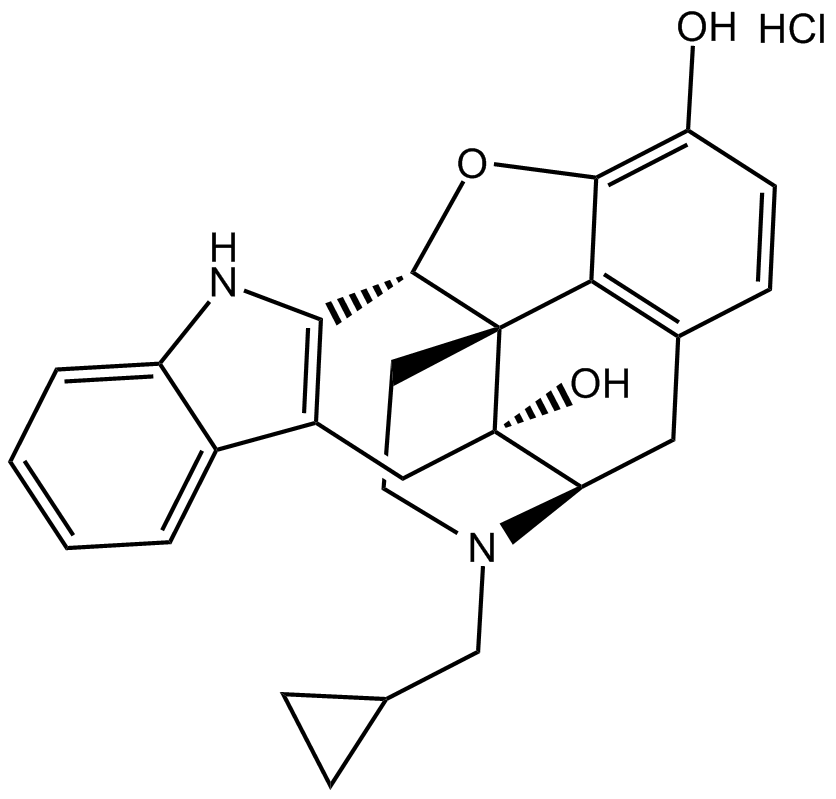 B6429 Naltrindole hydrochlorideSummary: δ opioid antagonist
B6429 Naltrindole hydrochlorideSummary: δ opioid antagonist -
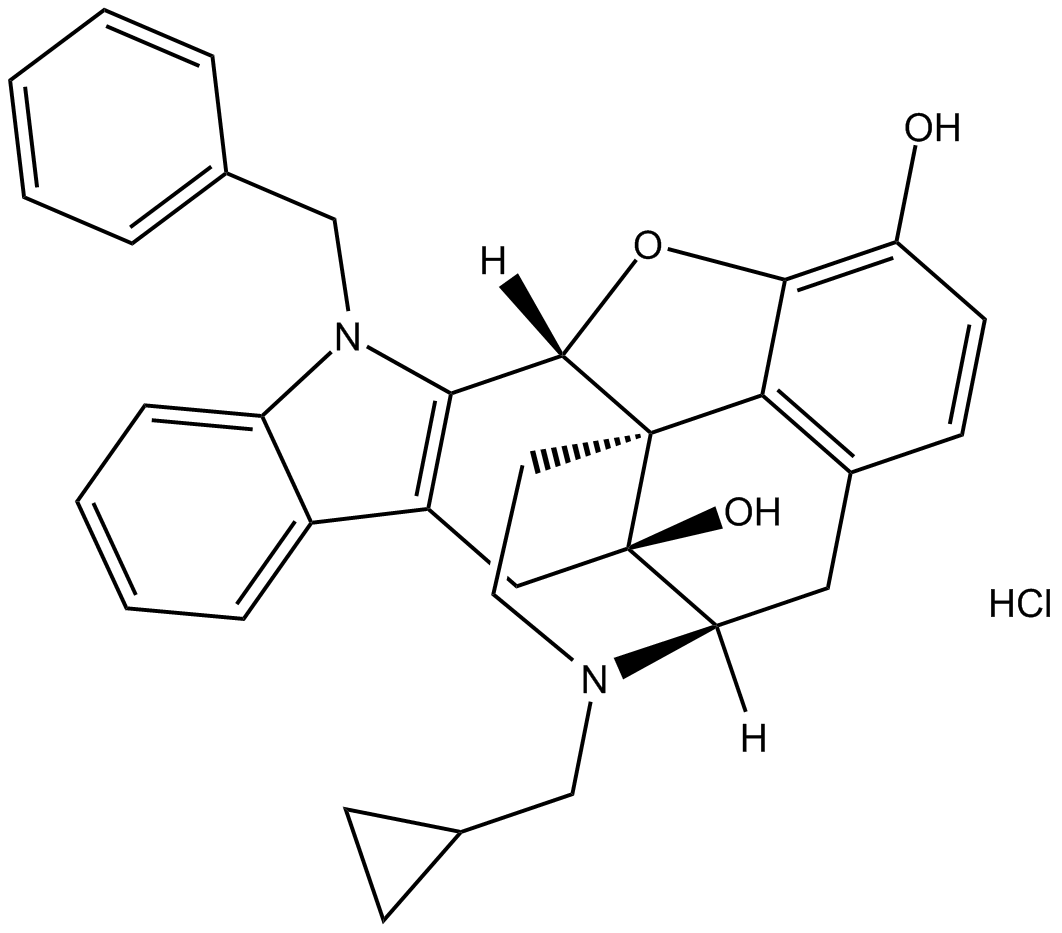 B6438 N-Benzylnaltrindole hydrochlorideSummary: δ2 opioid receptor antagonist
B6438 N-Benzylnaltrindole hydrochlorideSummary: δ2 opioid receptor antagonist

